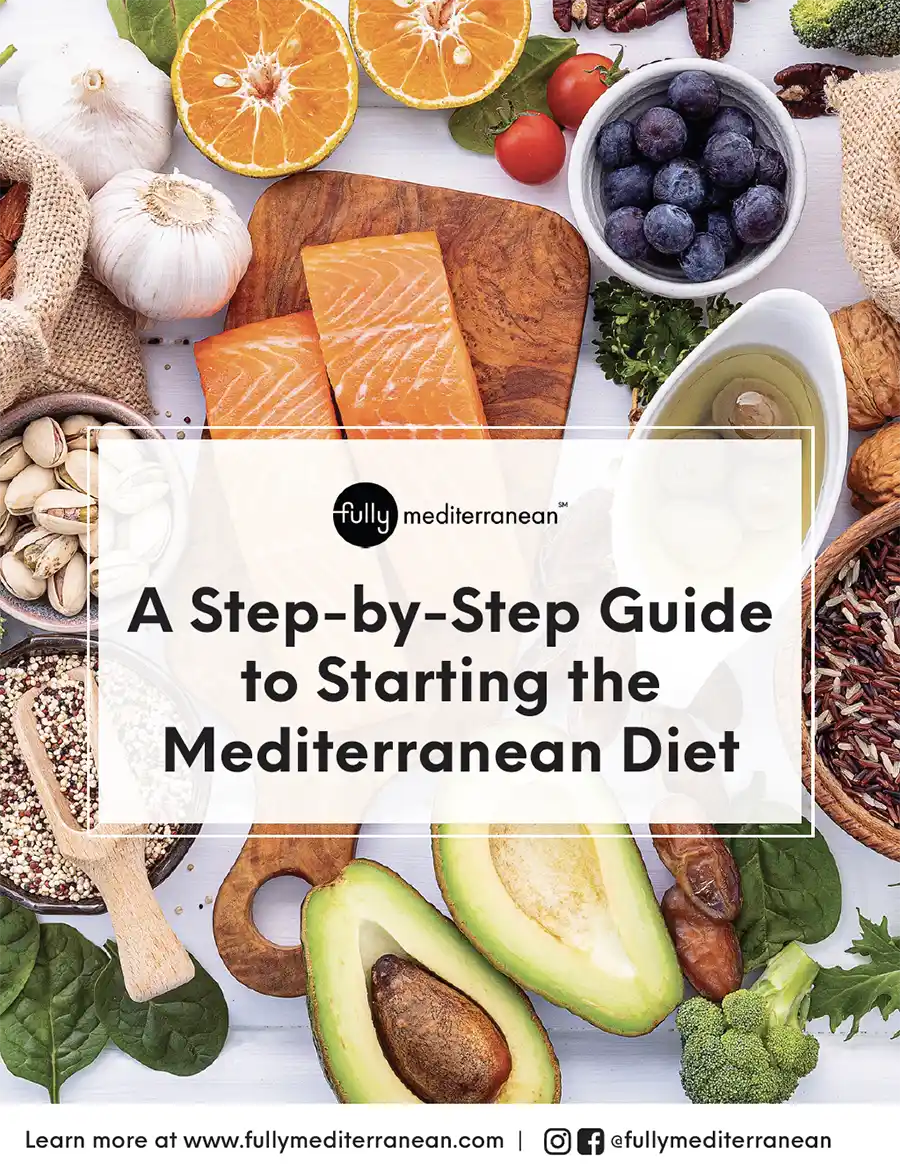Founder, Mediterranean Diet Dietitian
Pam Fullenweider RD, MS
Pam is a Registered Dietitian Nutritionist and Culinary Nutritionist who specializes in the Mediterranean Diet. She currently teaches the Living Fully Mediterranean Diet online course, cooking classes, and corporate webinars and maintains a private practice. Previous service includes partnering with UT School of Public Health Nourish program to teach,” Outsmarting Disease with the Mediterranean Diet”, clinical practice at St Luke’s Episcopal Hospital, outpatient programs at The Methodist Hospital, and teaching Nutrition for Chefs at The Art Institute of Houston’s Culinary Arts Program. She was a Gold Medal winner at the American Culinary Federation National Championship for “Healthful Cooking-Balancing the Art” and Recognized Young Dietitian of the Year.
Food represents a sense of well-being and community for me. When I started my practice, nutrition was about deprivation, no fat, dieting, or counting calories. I worked with clients who made progress but never really felt like they could continue this way of eating long-term. They felt like steamed broccoli, and tasteless chicken were their only choices.
Thank goodness things have changed! Food can be healthy and taste great. I love the Mediterranean pattern of eating because it helps people understand that healthy, feel-good foods and rich flavors can leave you feeling energized and satisfied. The Mediterranean diet is a holistic, sustainable approach to eating. It incorporates nutrition + delicious food + movement and the pleasure of enjoying meals with others. Who talks about enjoying food? We nurture our bodies through our food choices. I am passionate about helping people meet their goals and live fully.


Registered Dietitian Nutritionist
Chelsea LeBlanc Jones, RDN, LDN
Nutrition Communications Associate
Charlotte Bresee

What is Fully Mediterranean?
At Fully Mediterranean, we believe enjoying good food and taking care of your health aren’t mutually exclusive and in fact, go hand in hand. Our mission is to provide you with the strategies and tools needed to empower you to take action and make informed decisions to live a fuller, healthier life.
The Mediterranean Diet is more than just a diet. It’s a lifestyle which promotes:
- Enjoying fresh and seasonal plant-based foods
- Sharing meals with family and friends
- Moving regularly and mindfully
One of the Top Diets In the World
The Mediterranean Diet is consistently ranked as one of the top diets in the world. There is sound science to show that following the Mediterranean Diet leads to weight loss and reduces the risk for chronic diseases such as cancer, heart disease, Alzheimer’s, and Parkinson’s.
The best part? The Mediterranean Diet isn’t complicated or restrictive. You don’t have to count calories or cut out entire food groups. Easy to follow, delicious, nutritious, effective for weight & chronic disease prevention, and still get to enjoy a glass of wine? Enough said!
So What is the Mediterranean Diet?
The Mediterranean Diet is a pattern of eating centered around fresh and seasonal plant-based foods – including fruits, vegetables, whole grains, legumes, seeds, nuts, olive oil, herbs and spices – as well as fish and poultry. The Mediterranean Diet is not just a ‘diet’ but a lifestyle emphasizing regular exercise, shared meals with family and friends and a mindful approach to both eating and living. Scientific research shows that the Mediterranean Diet can reduce the risk of heart disease and other chronic diseases, increase longevity and help with weight loss and maintenance, among many other benefits.
